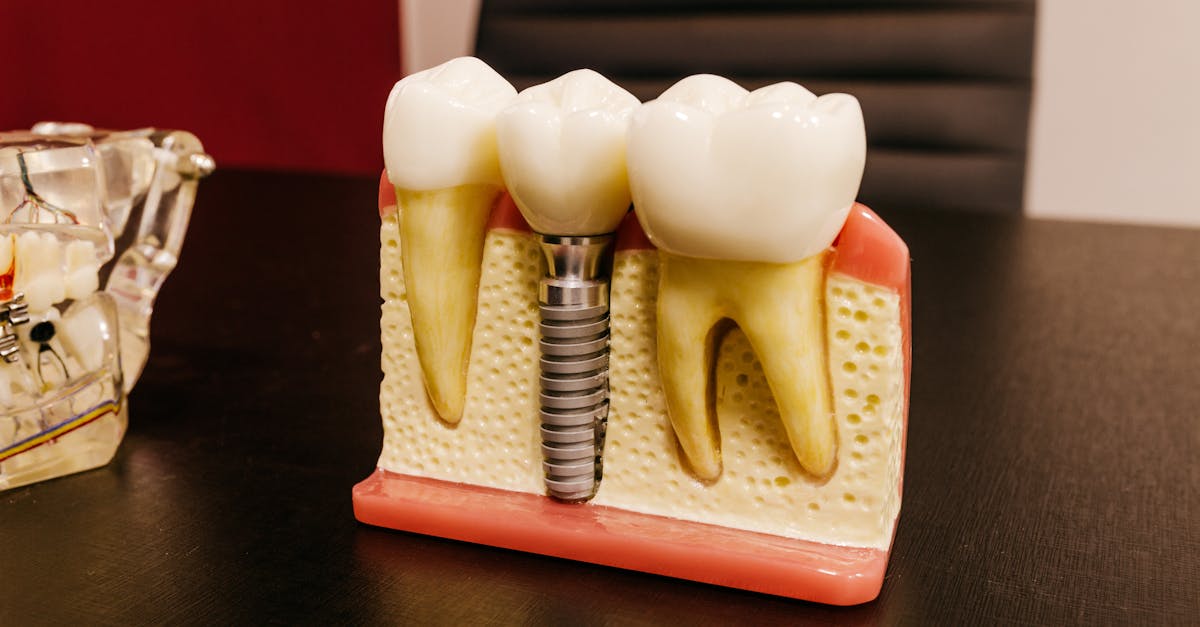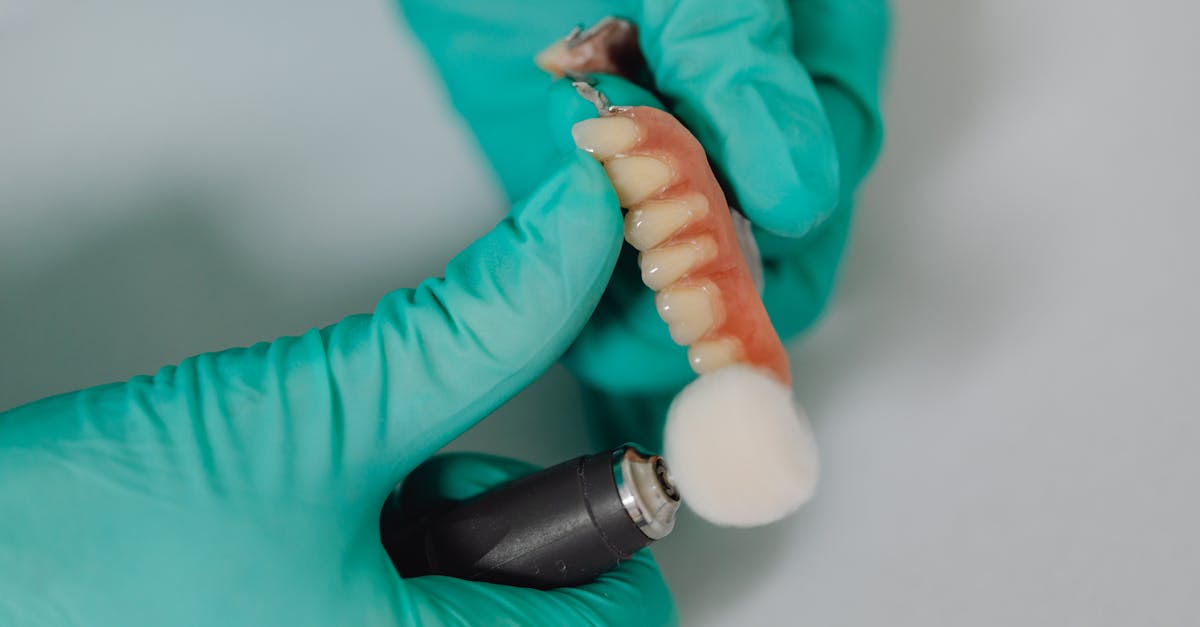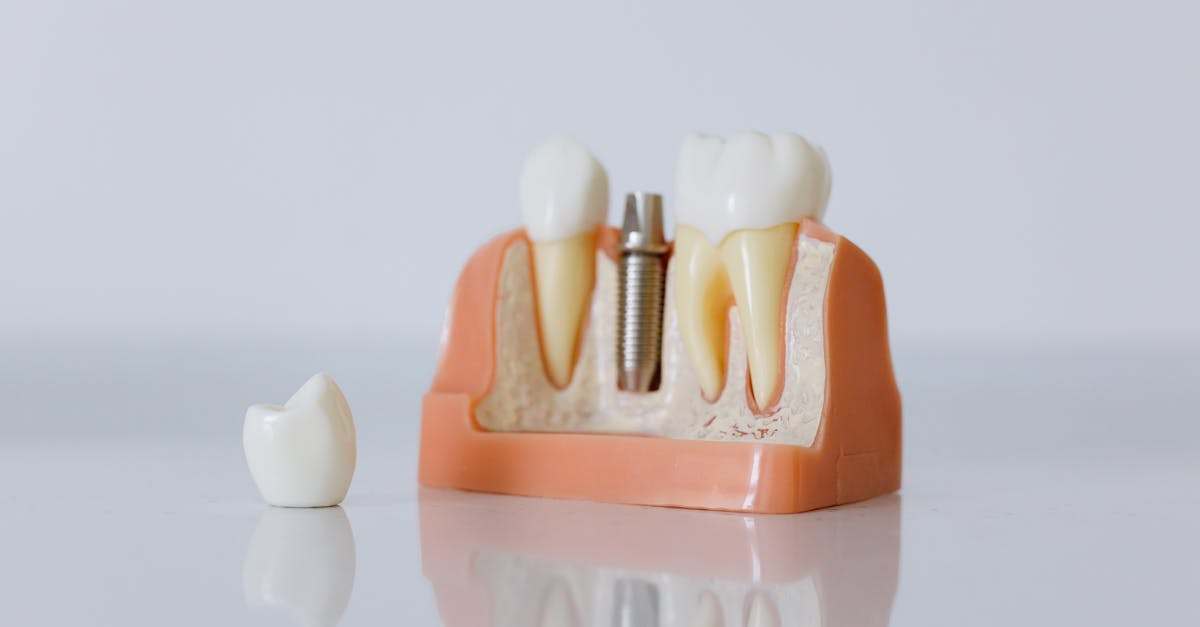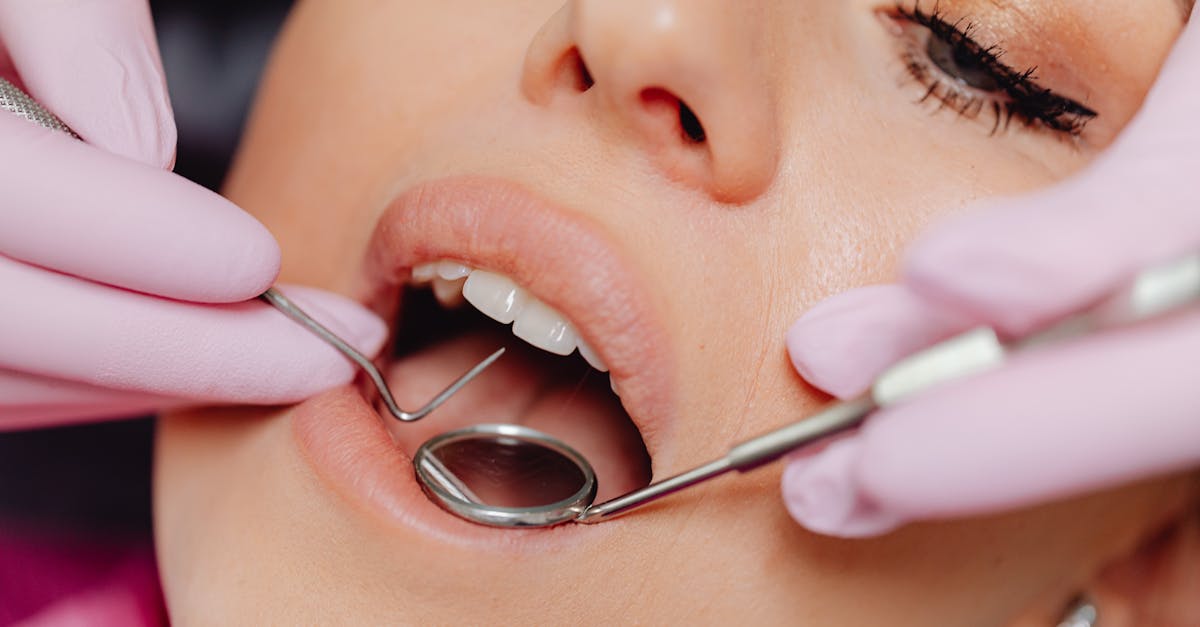Understanding Government Grants for Dental Implants
Introduction
Dental implants can be a great solution for missing teeth, but the costs can be prohibitive for many. Fortunately, there are government grants available that can help alleviate this financial burden. Understanding these opportunities can make dental care accessible to more people.
Advertisement
What Are Dental Implants?
Dental implants are artificial teeth roots made of titanium or other materials that integrate with your jawbone. They provide a base for artificial teeth to replace missing ones. This procedure offers a long-term solution, better aesthetics, and improved oral health as compared to traditional dentures.
Advertisement
Cost of Dental Implants
Despite their effectiveness, dental implants can be expensive, often ranging from $1,500 to $6,000 per tooth. These costs can vary based on location, materials, and dentist expertise. The high price often deters many from seeking this transformative treatment.
Advertisement
Government Assistance Programs
In light of these costs, various government programs aim to provide financial assistance. Programs like Medicaid and Medicare offer limited dental coverage. However, qualifying for these programs can vary based on location and individual circumstances.
Advertisement
Medicaid and Dental Implants
Medicaid offers dental implant coverage in specific scenarios, primarily for health problems that require implants as a medical necessity. Eligibility and coverage can vary by state, so checking state-specific Medicaid guidelines is important.
Advertisement
Veterans Benefits for Dental Care
Veterans may find assistance through the U.S. Department of Veterans Affairs (VA). Eligible veterans can receive multiple dental care benefits, potentially covering dental implants. The availability depends on individual circumstances and service-related injuries.
Advertisement
Nonprofit Organizations
Certain nonprofit organizations also help individuals cover dental implant costs. Groups like Dental Lifeline Network provide access to comprehensive dental care for seniors, people with disabilities, and medically fragile individuals, often at no cost.
Advertisement
How to Apply for Government Grants
To apply, first, research and ensure you meet eligibility requirements for available programs. Next, gather necessary documentation, like income statements or medical records. Finally, submit applications early, as some programs have limited funding.
Advertisement
Potential Challenges
While government grants can be beneficial, navigating the application process can be challenging. Programs may have stringent eligibility criteria and limited budgets. Patience and persistence are key in securing assistance for dental implants.
Advertisement
Conclusion
In conclusion, government grants for dental implants offer crucial support for those facing financial barriers. By understanding available options and applying diligently, individuals can access life-changing dental care. Consider exploring these options to ensure a healthy, confident smile.
Advertisement

